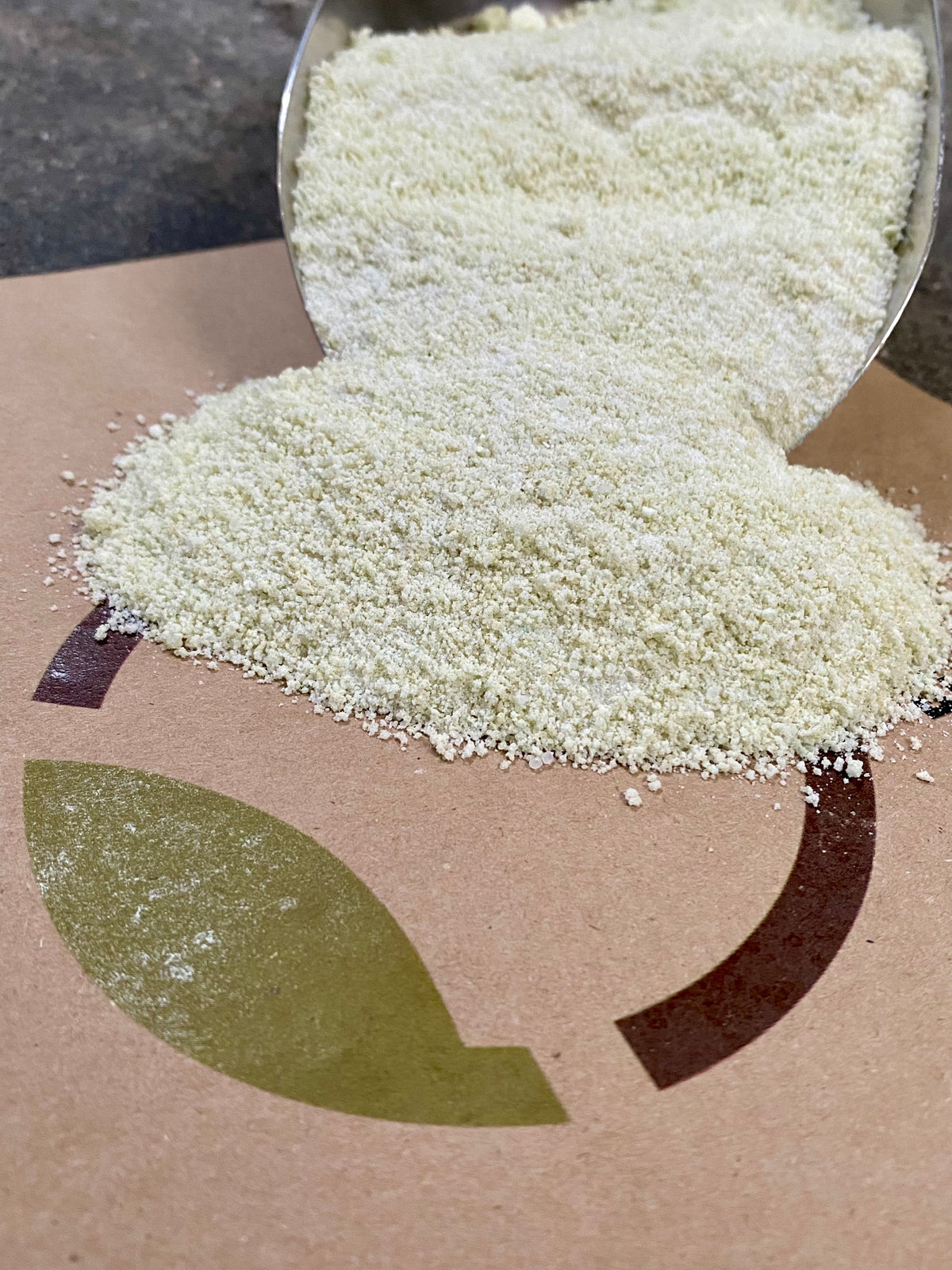Explore the Best Fertilizers for Peppers and Enhance Your Yard's Return
Organic Vs. Synthetic Fertilizers: Which Is Best for Supporting Healthy And Balanced Pepper Plants?
In the world of supporting healthy and balanced pepper plants, the option between synthetic and organic plant foods stands as an essential decision with far-reaching ramifications. While both alternatives aim to give crucial nutrients to sustain plant growth, the nuances of their influence on the soil, plant health, and the setting spark a discussion that mirrors throughout the gardening area. Comprehending the distinct benefits and potential challenges of each fertilizer kind is critical for pepper growers looking for to enhance their returns while preserving a sustainable and eco-conscious approach.
Advantages of Organic Fertilizers
Organic plant foods offer a sustainable and environmentally-friendly method to beneficial pepper plants, offering essential nutrients without the usage of artificial chemicals. These natural plant foods are originated from natural sources such as garden compost, manure, bone dish, and algae, advertising dirt health and biodiversity. Unlike artificial plant foods, natural alternatives release nutrients slowly, ensuring a stable and balanced supply for pepper plants to grow.
One significant advantage of natural fertilizers is their ability to boost soil structure and water retention. By improving dirt health and wellness, organic plant foods promote beneficial microbial activity, which helps in nutrient uptake by pepper plants. Additionally, organic fertilizers minimize the risk of chemical run-off, protecting water resources from pollution and guarding the environment.
Furthermore, organic fertilizers add to lasting dirt fertility by promoting the growth of useful dirt microorganisms. These microorganisms aid break down organic matter, releasing nutrients in a type that is quickly obtainable to pepper plants. best fertilizers for peppers. By promoting a healthy and balanced dirt ecological community, natural plant foods sustain sustainable pepper growing methods that profit both plants and the atmosphere
Disadvantages of Artificial Plant Foods
Artificial fertilizers, as opposed to their natural equivalents, pose various disadvantages when used to nurture pepper plants, influencing both plant wellness and ecological sustainability. One significant disadvantage of synthetic fertilizers is their tendency to leach nutrients from the dirt promptly. This quick leaching can cause nutrition discrepancies in the soil, causing plants to struggle with shortages or poisonings. Additionally, artificial plant foods can hurt useful dirt organisms, such as earthworms and advantageous bacteria, interfering with the dirt ecological community's balance.
Moreover, the overuse of artificial fertilizers can add to water contamination. Excess fertilizers not soaked up by plants can wash away right into water bodies, resulting in eutrophication, where algae blossoms deplete oxygen degrees in the water, hurting marine life. In addition, synthetic plant foods are usually derived from non-renewable resources, such as nonrenewable fuel sources, adding to carbon exhausts and environmental destruction during their manufacturing.
Nutrient Absorption Contrast
Effective nutrient absorption plays a vital role in the general wellness and growth of pepper plants. When comparing natural and artificial plant foods in regards to nutrient absorption, organic fertilizers have the benefit of providing a more well balanced and slow-release resource of nutrients (best fertilizers for peppers). Organic plant foods include a range of macro and trace elements that are not only helpful for the plants yet likewise promote healthy and balanced dirt microbial task, which aids in nutrient uptake. On the other hand, synthetic plant foods usually provide learn this here now a quick release of nutrients, which can cause seeping and drainage, resulting in lower nutrient absorption rates by the plants.
Moreover, organic fertilizers improve soil structure and water retention capacity, allowing pepper plants to accessibility nutrients more efficiently. This improved dirt top quality promotes origin advancement, allowing much better nutrient absorption. Synthetic fertilizers, although initially improving plant development due to their high nutrient focus, may prevent long-lasting nutrient absorption by degrading soil wellness over time.
Environmental Influence Considerations

On the other hand, synthetic plant foods, although typically even more promptly available and focused to plants, can have harmful results on the atmosphere if not applied properly (best fertilizers for peppers). Their manufacturing requires high energy inputs, leading to greenhouse gas discharges and contributing to climate adjustment. The overflow of excess artificial fertilizers can infect water sources, leading to eutrophication and hurting aquatic communities.
Best Plant Food Practices for Peppers
To achieve find more info this, it is essential to follow best plant food techniques customized to the certain requirements of pepper plants. One crucial technique is to carry out a dirt examination prior to applying any type of fertilizers.
Another vital technique is to fertilize pepper plants at the correct time. Generally, peppers benefit from obtaining plant food at planting and after that again when they begin to blossom. Over-fertilizing can result in nutrient imbalances and damage the plants, so it is crucial to comply with recommended application prices.
Furthermore, choosing a well balanced fertilizer with an NPK ratio that matches pepper plants' demands is fundamental. Organic plant foods, such as garden compost or manure, can be outstanding selections as they release nutrients gradually and improve soil structure over time. However, artificial fertilizers can give a quick nutrient boost when required. Inevitably, integrating artificial and organic plant foods carefully can assist support healthy pepper plants while minimizing environmental effect.
Final Thought

Organic plant foods supply an environmentally-friendly and sustainable strategy to nourishing pepper plants, offering necessary nutrients without the use of synthetic chemicals. Unlike synthetic plant foods, natural alternatives release nutrients slowly, making sure a constant and balanced supply for pepper plants to prosper.
Artificial plant foods, in comparison to their organic counterparts, position different downsides when made use of to nurture pepper plants, impacting both plant health and environmental sustainability. When comparing natural and artificial plant foods in terms of nutrient absorption, natural plant foods have the benefit of supplying an extra well balanced and slow-release resource of nutrients.In addition, natural plant foods improve dirt structure and water retention capability, enabling pepper plants to gain access to nutrients much more effectively.